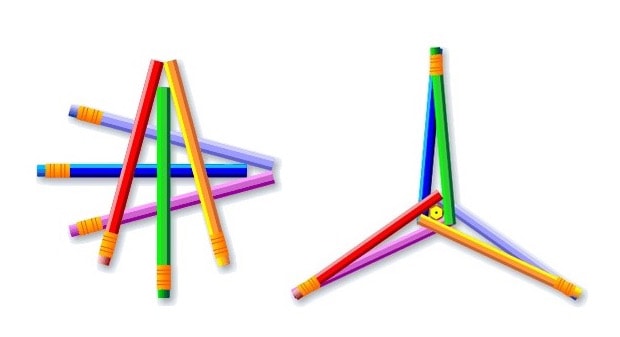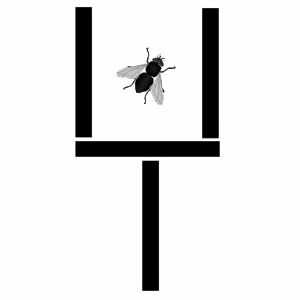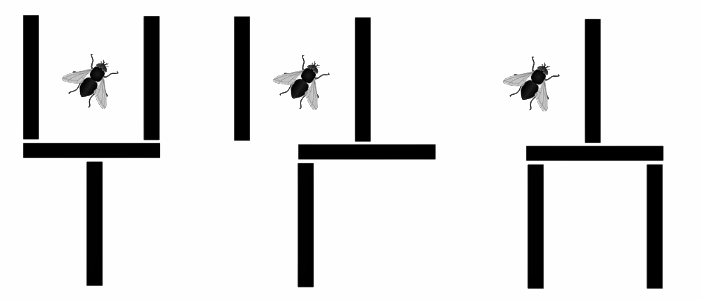Tough Decisions
You are driving your car along the road in a very harsh snowy weather and reach a bus stop. On this bus stop you see that there are three people waiting – your best friend, a sick old lady and the girl of your dreams. The car unfortunately can accommodate only 2 people (including you), so you can not take all of them with you. What will be your choice?
The best solution is to let your friend drive the old lady and you stay with the girl of your dreams on the bus stop.





